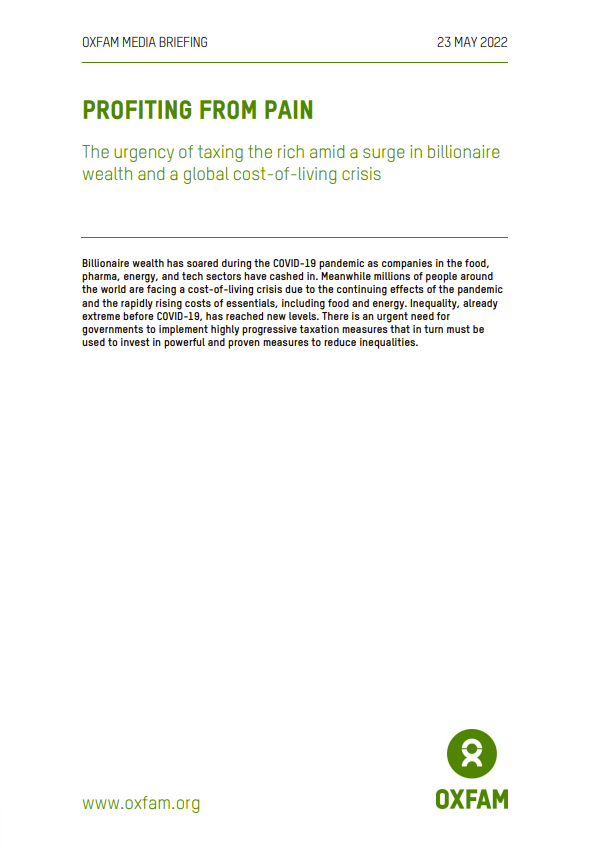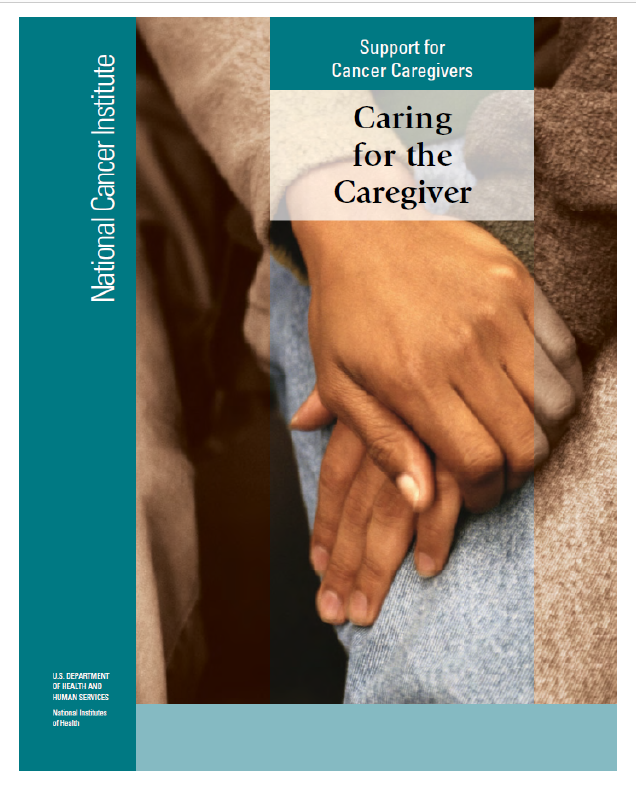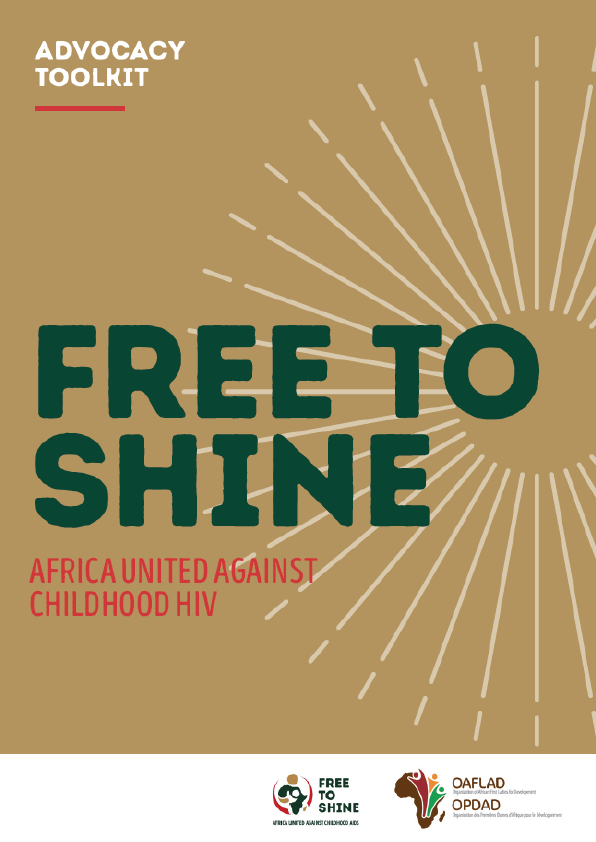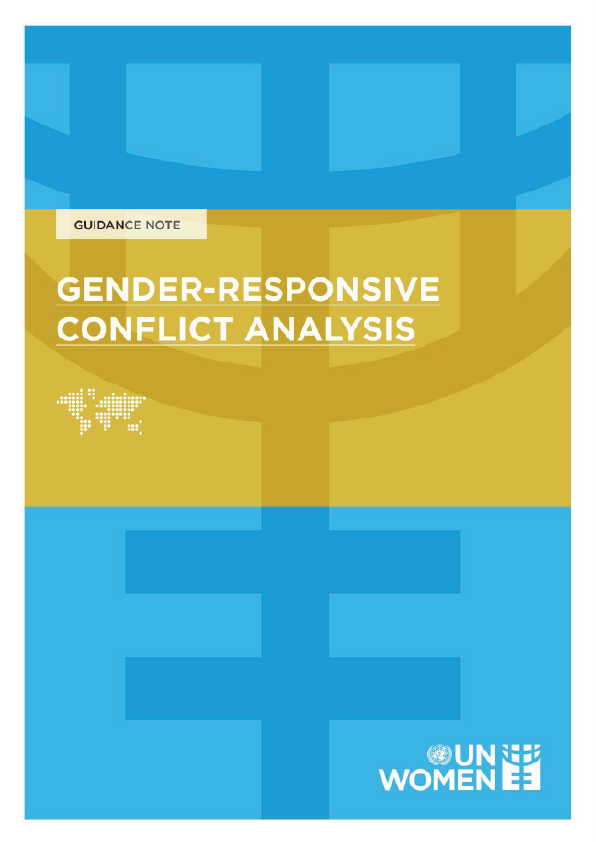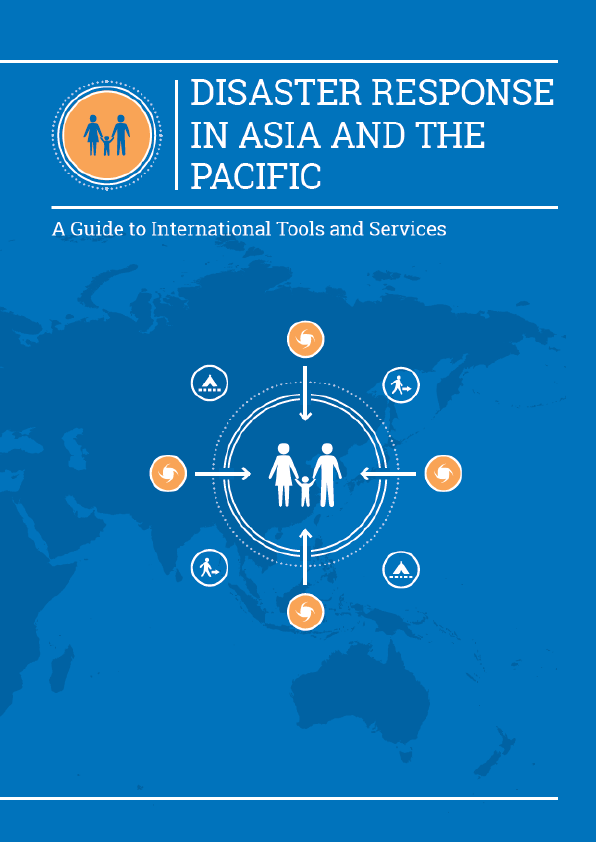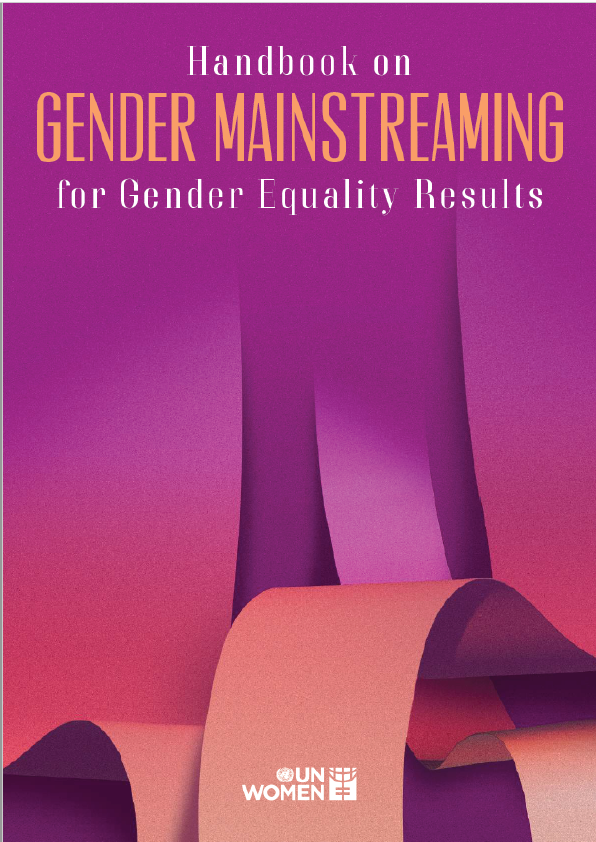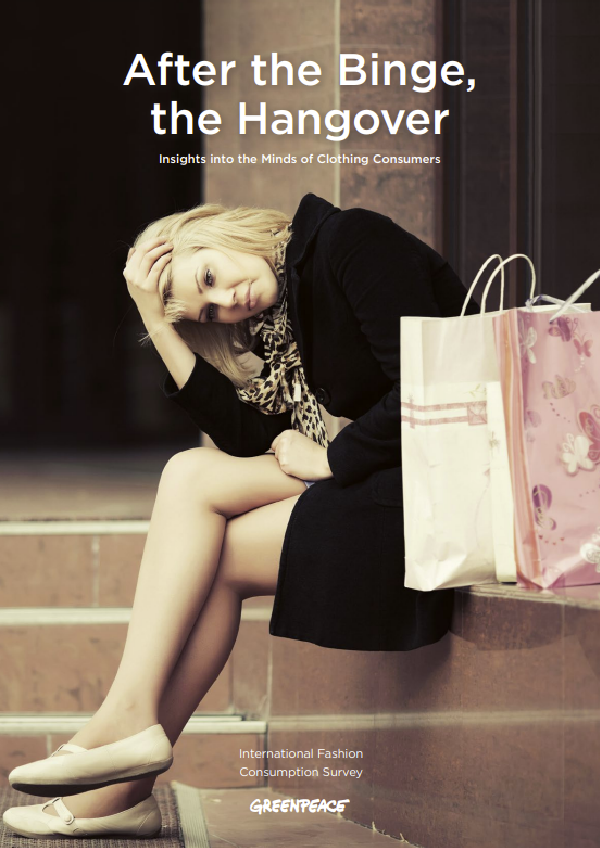There are wide varieties of economic inequality, most notably income inequality measured using the distribution of income (the number of money people is paid) and wealth inequality measured using the distribution of wealth (the number of wealthy people owns). Besides economic inequality between countries or states, there are important types of economic inequality between different groups of people.
Important types of economic measurements focus on wealth, income, and consumption. There are many methods for measuring economic inequality, the Gini coefficient being a widely used one. Another type of measure is the Inequality-adjusted Human Development Index, which is a statistic composite index that takes inequality into account. Important concepts of equality include equity, equality of outcome, and equality of opportunity.
Billionaire wealth has soared during the COVID-19 pandemic as companies in the food, pharma, energy, and tech sectors have cashed in. Meanwhile millions of people around the world are facing a cost-of-living crisis due to the continuing effects of the pandemic and the rapidly rising costs of essentials, including food and energy. Inequality, already extreme before COVID-19, has reached new levels. There is an urgent need for governments to implement highly progressive taxation measures that in turn must be used to invest in powerful and proven measures to reduce inequalities.
As billionaires gather in Davos, Switzerland, in person for the first time in over two years, they have a lot to celebrate. During the COVID-19 pandemic their mountain of wealth has reached unprecedented and dizzying heights. The pandemic – full of sorrow and disruption for most of humanity – has been one of the best times in recorded history for the billionaire class.
Across the world, from New York to New Delhi, ordinary people are suffering. Prices everywhere are rising – of flour, cooking oil, fuel, electricity. People everywhere are being forced to cut back, forced to face the cold rather than heat their homes. Forced to skip medical care to ensure that there is food on the table. Parents forced to pick which – if any – of their children they can afford to send to school.
The cost-of-living crisis comes on top of the ongoing COVID-19 crisis, which has seen governments and the global community fail to prevent the biggest increase in extreme poverty in over 20 years. This failure can fairly be described as catastrophic: more than 20 million people6 have died due to the pandemic and, across the world, each and every dimension of inequality has skyrocketed.
This is inequality that kills, contributing to the death of at least one person every four seconds. Only the richest are immune. Not only are they immune, but billionaires have objectively benefited from these multiple crises. Their wealth has soared, in large part due to the incredible sums of money that governments have injected into the global economy. This has driven up asset prices and, with them, billionaire fortunes. In this report, Oxfam shows how billionaires and corporations in the food, energy, pharmaceutical, and technology sectors are reaping huge rewards at the same time as the soaring cost of living is hurting so many worldwide.
Governments must act now to rein in extreme wealth. They must agree now to increase the taxation of wealth and corporate windfall profits, and to use this money to protect ordinary people across the world and reduce inequality and suffering.
